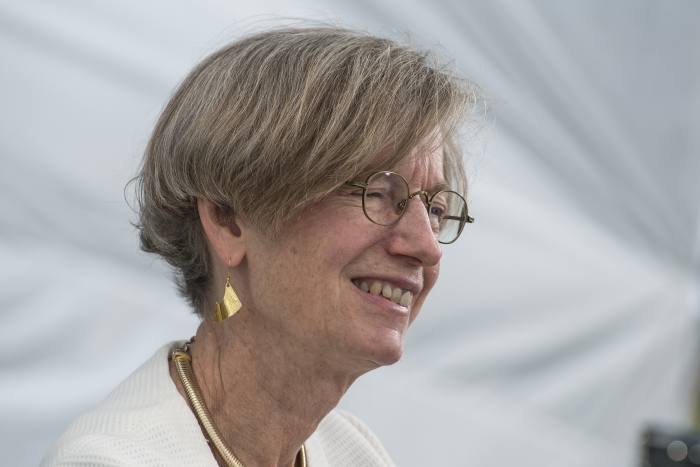
A “fast and forceful” rise in interest rates will be needed to prevent expectations of higher inflation from driving the base rate up even further, a member of the Bank of England’s Monetary Policy Committee (MPC) has said.
In a speech given at a conference at this week (September 5) at the University of Kent, Catherine Mann said the UK faces the risk of a longer and more painful interest rate hike cycle if inflation becomes more entrenched.
Mann, who was previously global chief economist at Citibank, said the rate of inflation today does not depend solely on past inflation, but on markets, firms, and household expectations.
“The MPCs’ evaluation of inflation expectations therefore should take a central role in monetary policy decisions,” she said.
Inflation has overshot the BoE’s 2 per cent target since May last year, reaching 10.1 per cent in the twelve months to July this year.
This has led the BoE to raise the base rate of interest at each MPC meeting since December last year, including a 0.5 percentage point raise in August to take the rate to 1.75 per cent.
Experts have warned that millions of people in the UK will be in “dire straits” if inflation predictions for 2023 are correct, with Citi forecasting an 18.6 per cent price rise, far above the BoE’s 13 per cent expectation.
Mann said she is concerned that the “gradual pace” of interest rate rises has not adequately suppressed inflation expectations, and has not sufficiently stopped the market’s assumption of high short-term inflation turning into expectations of inflation being high in the medium-term.
Energy price pain
Mann addressed the steep rise in wholesale energy prices, saying if the current prices are to be passed on to households and companies, it will lead to “enormous pain” for millions of people over the winter months.
“This will be true regardless of the path of [interest rates],” she said.
“Monetary policy is a relatively blunt instrument and works mostly at the margin, it is ill-equipped and not intended to deal with large relative price movements like the one we’re seeing currently.”
Mann said the BoE does not have the toolkit to cushion the blow or spread the weight of costs over time for those in need.
Energy prices have pushed the energy price cap to unprecedented levels in the UK over the past six months, due to the war in Ukraine which has impacted the flow of gas from Russia to Europe.
Predictions for the cap, which will change every three months from October and caps the amount energy companies can charge customers per kWh of electricity and gas, show it could rise to over £6,000 next spring.
The cap will rise to £3,549 from October, almost double the current £1,971.
Mann said despite all this, she is encouraged that long-term expectations of inflation still sit at the 2 per cent target, meaning that “the credibility of monetary policy is intact”.





